Description
FloPy is the Python library that builds and executes MODFLOW models; this library has been enhanced to provide full support of MODFLOW 6 with most of its recent development is related to functionality for MODFLOW 6, tools to use vector and raster spatial data and common plotting and export functionality.
Python is a simple and powerful programming language; its simplicity is remarkable compared to other programming languages and its power is based on the number of tools available for different areas of study.
We have developed a complete program on groundwater modeling with MODFLOW and FloPy that ranges from the essential topics in Python to applied cases of regional modeling, seawater intrusion and Pest optimization. The program is designed to give the student a methodological approach to learn FloPy based on a series of applied examples coupled by teacher insights and review from the software.
Objectives
The student will reach the following objectives based on a hands-on learning approach through understanding simple to complex concepts:
-
Use Python as a tool to import, create, run MODFLOW models
-
Develop a knowledge on the most basic concepts of Flopy
-
Manage the most popular tools of FloPy library
-
Use Flopy on real case escenarios and couple with other Python libraries
Content Module 1. Introduction to Python
- Session 1: Python data types
- Session 2: Python loops and data structures
- Session 3: Numpy for water resources
- Session 4: Data manipulation with Pandas
- Session 5: Overview to Matplotlib
- Session 6: Introduction to Geopandas
Module 2: Groundwater modeling with FloPy and MODFLOW-2005
- Session 1: Basic example of a MODFLOW-2005 model creation and simulation with FloPy
- Session 2: 2D contaminant transport modeling with MODFLOW-2005, MT3D-USGS and FloPy
- Session 3: Contaminant transport modeling with remediation schema using MODFLOW-2005, MT3D-USGS and FloPy
- Session 4: Example of particle tracking modeling with MODPATH 7, MODFLOW-2005 and FloPy
- Session 5: Determination of flow direction vectors from a MODFLOW-2005 model with Python and Flopy
Module 3: Groundwater modeling with FloPy and MODFLOW-6
- Session 01: Basic example of groundwater modeling with wells and regional flow in with MODFLOW-6 and FloPy
- Session 02: Basic example of groundwater modeling in MODFLOW-6 and visualization with Paraview and FloPy
- Session 3: Modeling aquifer response to pumping with MODFLOW-6
- Session 04: Groundwater modeling with triangular mesh with MODFLOW-6 and FloPy
Module 4: Regional and geospatial modeling with FloPy
- Session 01: Regional groundwater modeling on andean basins with MODFLOW and FloPy
- Session 02: Develop a full geospatial groundwater model with MODFLOW-2005 and FloPy
- Session 03: MODFLOW-2005 infrastructure tunnel model review, simulation and output representation
Module 5: FloPy utilities for MODFLOW
- Session 01: Export MODFLOW-6 properties, boundary conditions and head contours as Shapefiles with FloPy
- Session 02: How to export 3d model MODFLOW-6 features and heads in Vtk format
- Session 03: Export and explore massive MODFLOW-2005 model data with FloPy and NetCDF
Module 6: Seawater intrusion modeling with FloPy
- Session 01: Basic example of saline intrusion modeling with SEAWAT and FloPy
- Session 02: Seawater intrusion modeling with MODFLOW-6, Model Muse and FloPy
- Session 03: Coupling seawater intrusion with FloPy and MODFLOW-6 and BUY package to a Model Muse project
Module 7. Applied groundwater modeling with FloPy
- Session 1: How to insert a 3D Geology into a MODFLOW-2005 model with FloPy
- Session 2: Sensibility analysis of MODFLOW-6 groundwater models with FloPy and SALib
- Session 3: Effective stress calculation from MODFLOW-NWT groundwater flow model with FloPy
- Session 4: Tidal water level response on coastal aquifers modeling with MODFLOW-6, FloPy and Timeseries
- Session 5: Machine learning supported groundwater model calibration with MODFLOW-6, FloPy, and Scikit Learn
- Session 6: Technical supervision / audit of groundwater availability models (GAMs) with Python and FloPy – Case Rustler Aquifer
Date and time The course is offered in sessions of approximately 1.5 to 2 hours. All sessions start at 6pm Central European Time (CET) – Amsterdam Time.
- Module 1 – March 2024 (05, 07, 12, 14, 19 and 21)
- Module 2 – April 2024 (02, 04, 09, 11 and 16)
- Module 3 – April and May 2024 (18, 23, 25 Apr and 07 May)
- Module 4 – May 2024 (09, 14 and 16).
- Module 5 – May and June 2024 (21, 23 May and 04 Jun)
- Module 6 – June 2024 (06, 11, and 13)
- Module 7 – June and July 2024 (18, 20 Jun and 02, 04, 09 and 11 Jul)
Trainer
Saul Montoya M.Sc. – Hydrogeologist – Numerical Modeler
Mr Montoya is a Civil Engineer who graduated from the Catholic University in Lima with postgraduate studies in Management and Engineering of Water Resources (WAREM Program) from Stuttgart University – Germany with a mention in Groundwater Engineering and Hydroinformatics. Mr Montoya has a solid analytical capacity for interpreting, conceptualizing and modeling the surface and underground water cycle and their interaction. He is in charge of the numerical modeling for contaminant transport and remediation systems of contaminated sites. Inside his hydrological and hydrogeological investigations, Mr Montoya has developed a holistic comprehension of the water cycle, understanding and quantifying the primary hydrological dynamic process of precipitation, runoff, evaporation and recharge to the groundwater system.
Over the last nine years, Saul has developed two websites for knowledge sharing in water resources: www.gidahatari.com (Spanish) and www.hatarilabs.com (English), that have become relevant due to their applied tutorials on groundwater modeling, spatial analysis and computational fluid mechanics.
Methodology / Examination
Mode: Online with streaming – Synchronous
Some details about the diploma methodology:
-
The manuals and files for the exercises will be delivered through our online platform.
-
The course will be developed by video streaming with life support and interaction.
-
Recorded videos will be available on our eLearning platform.
-
There is online support for questions regarding the exercises developed through email and meetings.
-
Video of the classes will be available for six months.
The exams and certification are organized as follows:
-
The program has three exams that comprise the content of 2 courses.
-
A digital certificate is available at the end of the program upon exam approval.
-
To receive the digital certificate, you must submit the exams on the following date:
-
First exam before 16st April 2024,
-
Second exam before 31st May 2024.
-
Third exam before 15st July 2024.
-
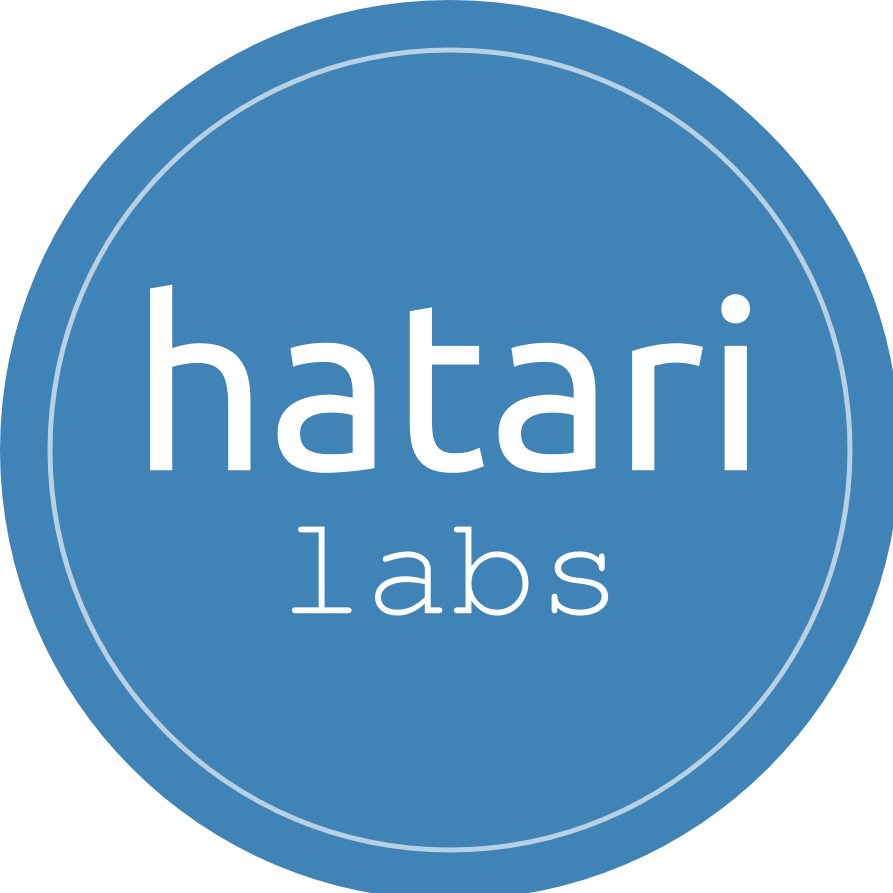
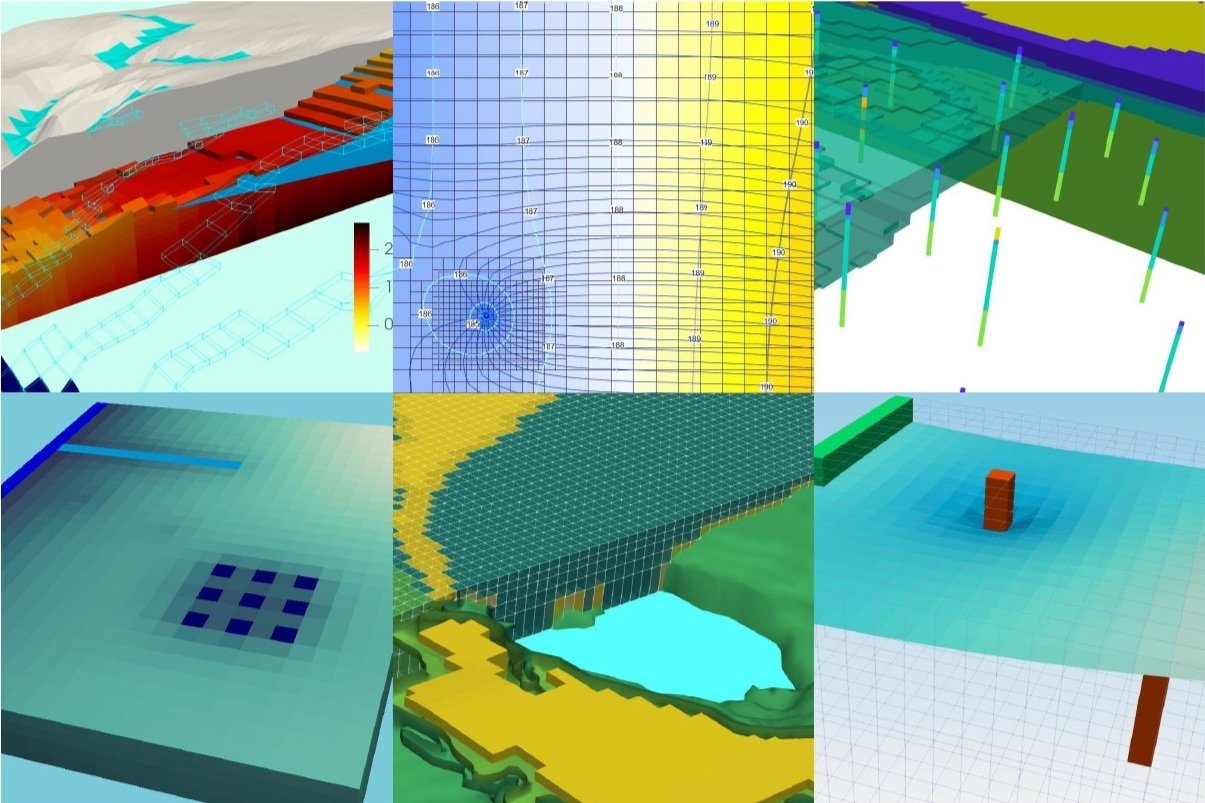
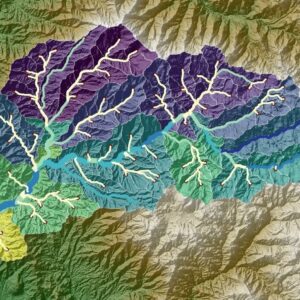
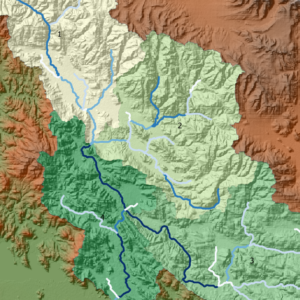
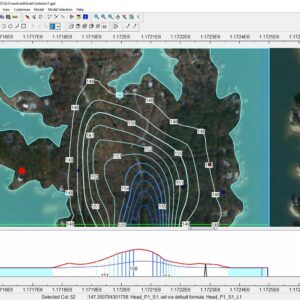
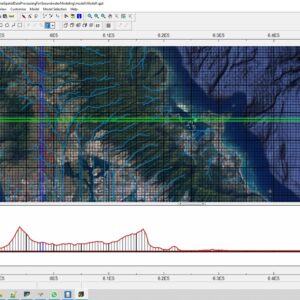
Reviews
There are no reviews yet.